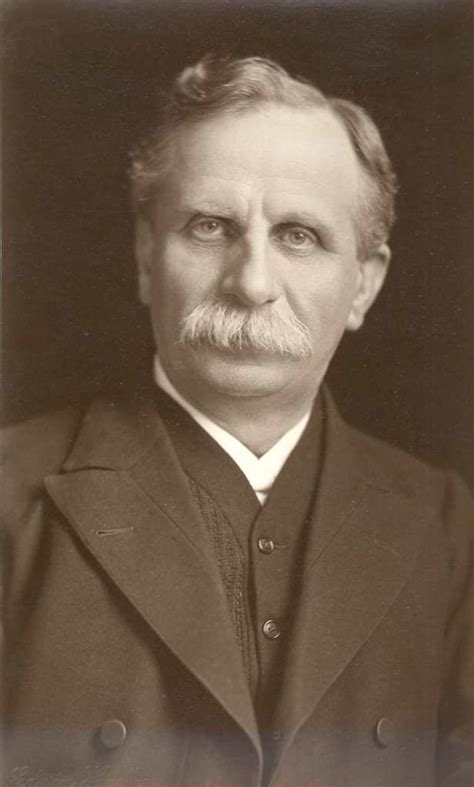A Quote by Deepak Chopra
A psychologically healthy person can, in fact, be defined as someone whose desires actually produce happiness.
Related Quotes
The intellectual is not defined by professional group and type of occupation. Nor are good upbringing and a good family enough in themselves to produce an intellectual. An intellectual is a person whose interest in and preoccupation with the spiritual side of life are insistent and constant and not forced by external circumstances, even flying in the face of them. An intellectual is a person whose thought is nonimitative.
The central fact for me is, I think, that the [role of the] intellectual... cannot be played without a sense of being someone whose place it is publicly to raise embarrassing questions, to confront orthodoxy and dogma (rather than to produce them), to be someone who cannot easily be co-opted by governments or corporations, and whose raison d'etre is to represent all those people and issues that are routinely forgotten or swept under the rug.
And happiness...Well, after all, desires torment us, don't they? And, clearly, happiness is when there are no more desires, not one...What a mistake, what ridiculous prejudice it's been to have marked happiness always with a plus sign. Absolute happiness should, of course, carry a minus sign — the divine minus.
It's almost weirder sometimes when you don't have a full life experience with someone's ups and downs, knowing what they've been through. Sometimes a loss that just comes out of left field rings in a very weird way when you have actually sort of relied on this small moment with this or that person, as a moment that actually has defined something for you in your life.
The problem isn't materialism as such. Rather it is the underlying assumption that full satisfaction can arise from gratifying the senses alone. Unlike animals whose quest for happiness is restricted to survival and to the immediate gratification of sensory desires, we human beings have the capacity to experience happiness at a deeper level which, when achieved, can overwhelm unhappy experiences.
From person's movement patterns I can tell a lot of things: if pain is in the body, whether someone is depressed, what age they are. When you see someone whose chest is withdrawn, their deltoids are rolled forward. That's someone whose history has broken them, in a sense. You can recognize that movement of pulling away and protecting the heart across all cultures.
By utility is meant that property is any object, whereby it tends to produce benefit, advantage, pleasure, good, or happiness(all this in the present case come to the same thing) or (what comes again to the same thing) to prevent the happening of mischief, pain, evil or unhappiness to the party who whose is considered: if that party be the community in general, then the happiness of the community; if a particular individual; then the happiness of that individual
Impartial observers from other planets would consider ours an utterly bizarre enclave if it were populated by birds, defined as flying animals, that nevertheless rarely or never actually flew. They would also be perplexed if they encountered in our seas, lakes, rivers, and ponds, creatures defined as swimmers that never did any swimming. But they would be even more surprised to encounter a species defined as a thinking animal if, in fact, the creature very rarely indulged in actual thinking.



































